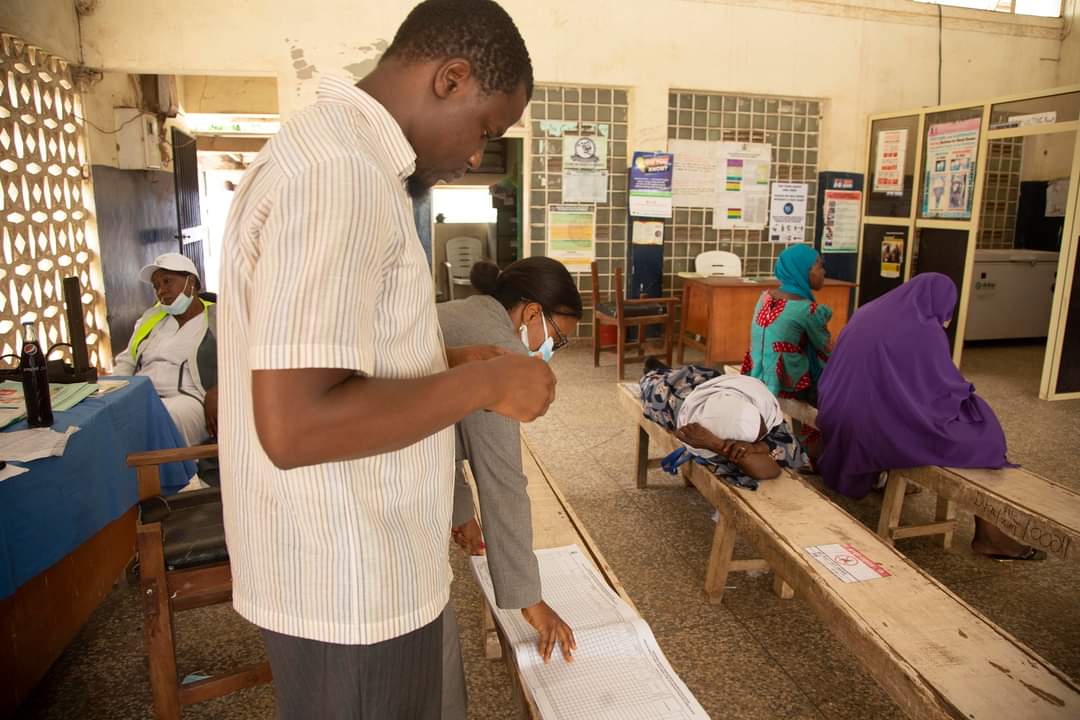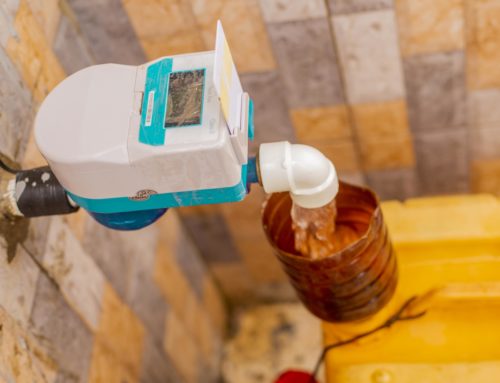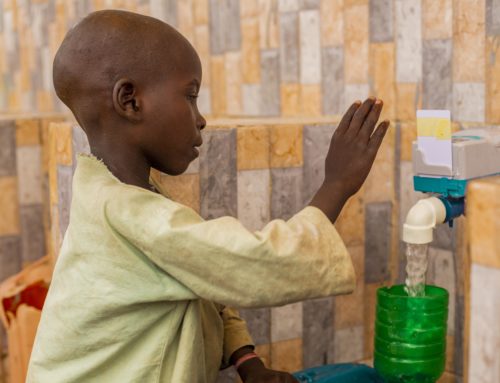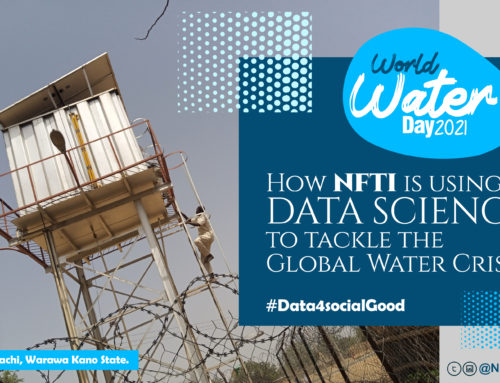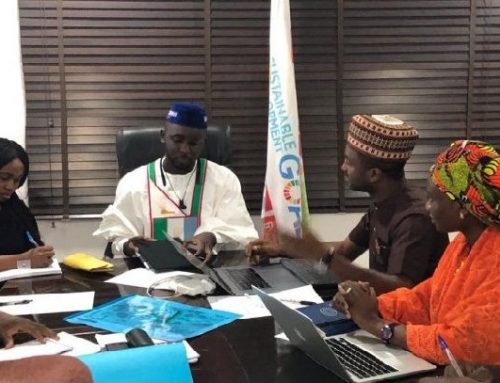Natview Foundation for Technology Innovation (NFTI) have successfully designed and implemented several data-driven and technological projects that provided policymakers across the public sector and the international developmental space with platforms for providing exciting ways to generate and model data for decision making and creating a knowledge-based ecosystem through improving human capital development by identifying capacity gaps in the state and providing support in addressing the gaps.
One of such projects is the Data Science Fellowship Programme (DSFP) – a key element of the Data Lab Project which aims to support the Kaduna State Government in operationalizing the Data Revolution plan that will strengthen coordination in the collection and use of data for evidence-based decision making in the state. The fellowship programme over the period of 3 years (2021-2023) would be building the capacity of 100 youths in Data Science and the use of modern tools in decision making.
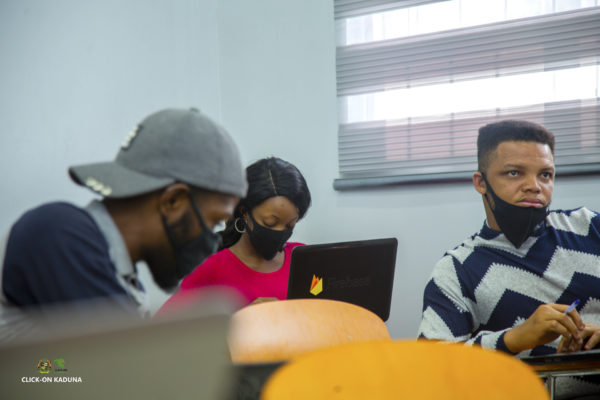
The programme launched under the Click-On Kaduna Human Capital Development is designed to provide a six-month intensive training with 3-months in-class learning and 3-months internship/field activity on the data management value chain. The 20/21 pioneer cohort of the programme was health-centric with 30 participants from different backgrounds, educational levels and experiences in using data. The team had the opportunity to closely work with the State Planning and Budget Commission, Kaduna State Bureau of Statistics, Kaduna State Ministry of Health, Kaduna State Primary Health Care Board and other key health sector agencies in defining data workflows, pipelining and modelling of health data for effective planning, policy tracking and better decision making.
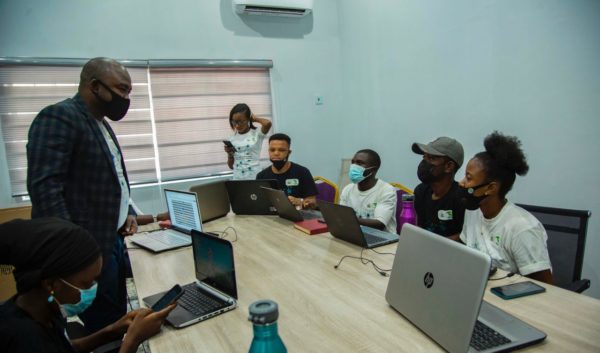
The state concluded the first cohort of the programme in August 2021 and 33% of the fellows have transitioned to data science-related jobs and programmes, while NFTI retained 30% of the fellows as Data Analysts, working closely with supervisors from KDBS and NFTI to implement exciting projects such as;
(1) Optimizing the state health Integrated Supportive Supervision (ISS) process, and,
(2) Fuzzy matching and ground-truthing of Health Facility Census (HFC) data.
The Integrated Supportive Supervision exercise is a fundamental element in the proper management of healthcare providers and managers in improving the quality of health care delivery in the state. The ISS activity uses a checklist to collect facility-level data on infrastructure, human resources, services, equipment and tools etc.
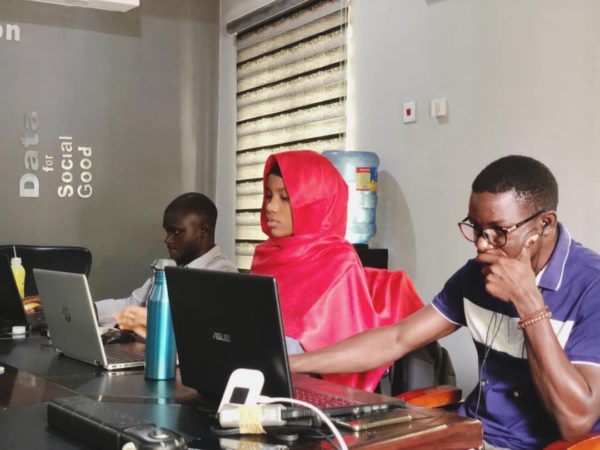
The team supported in designing a harmonized digital ISS tool and implementing error workflow management in the design of the tool and during the data collection exercise. As the age of Big Data kicks into high gear, visualization is an increasingly key tool to make sense of large data sets generated every day. Data visualization provides an accessible way to see and understand trends and patterns in data. Our Data Analysts supported in getting insights on the ISS data using Power BI to analyse and visualize the information.
The Fuzzy Matching and ground-truthing exercise is a process of matching facilities from the Health Facility Census (HFC) conducted in 2018 in Kaduna to facilities on the District Health Information System (DHIS2); an open-source platform for reporting, analysing and disseminating health facility-level data for all health programmes. The larger community of practice (CoP) team with supervision from KDBS supported the ground-truthing exercise, using the ODK tool to collect data on geo-location, infrastructure, human resources and services of selected healthcare facilities across the state. This process would enable access to more routine data from DHIS to be pipelined into HEFA.
The team is currently working on visualizing the General Household Survey data and pipelining other multiple data sources to the Health Facility Analytics Platform (HEFA).
Contributors: Selma J., Fatima T. and Bunmi O.

